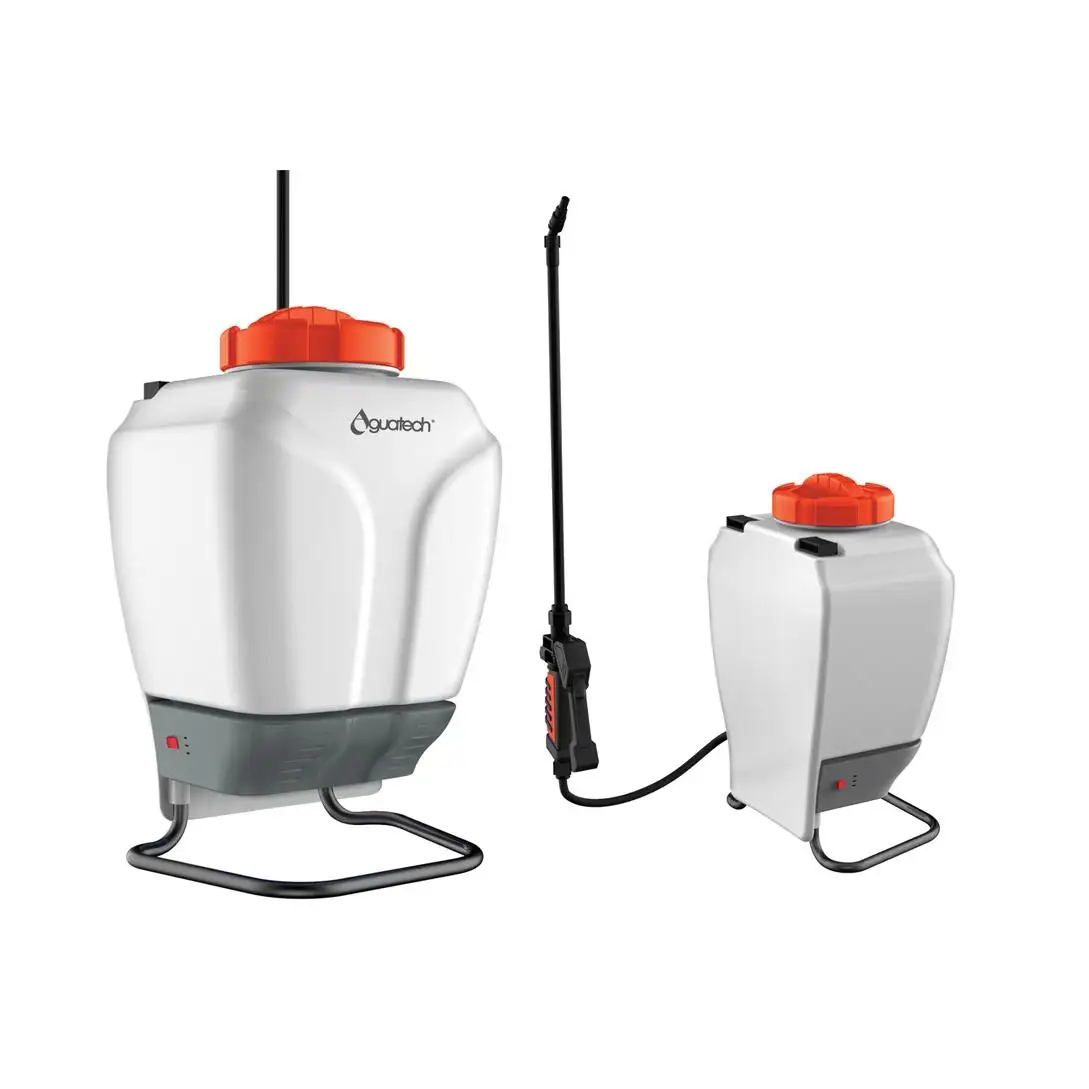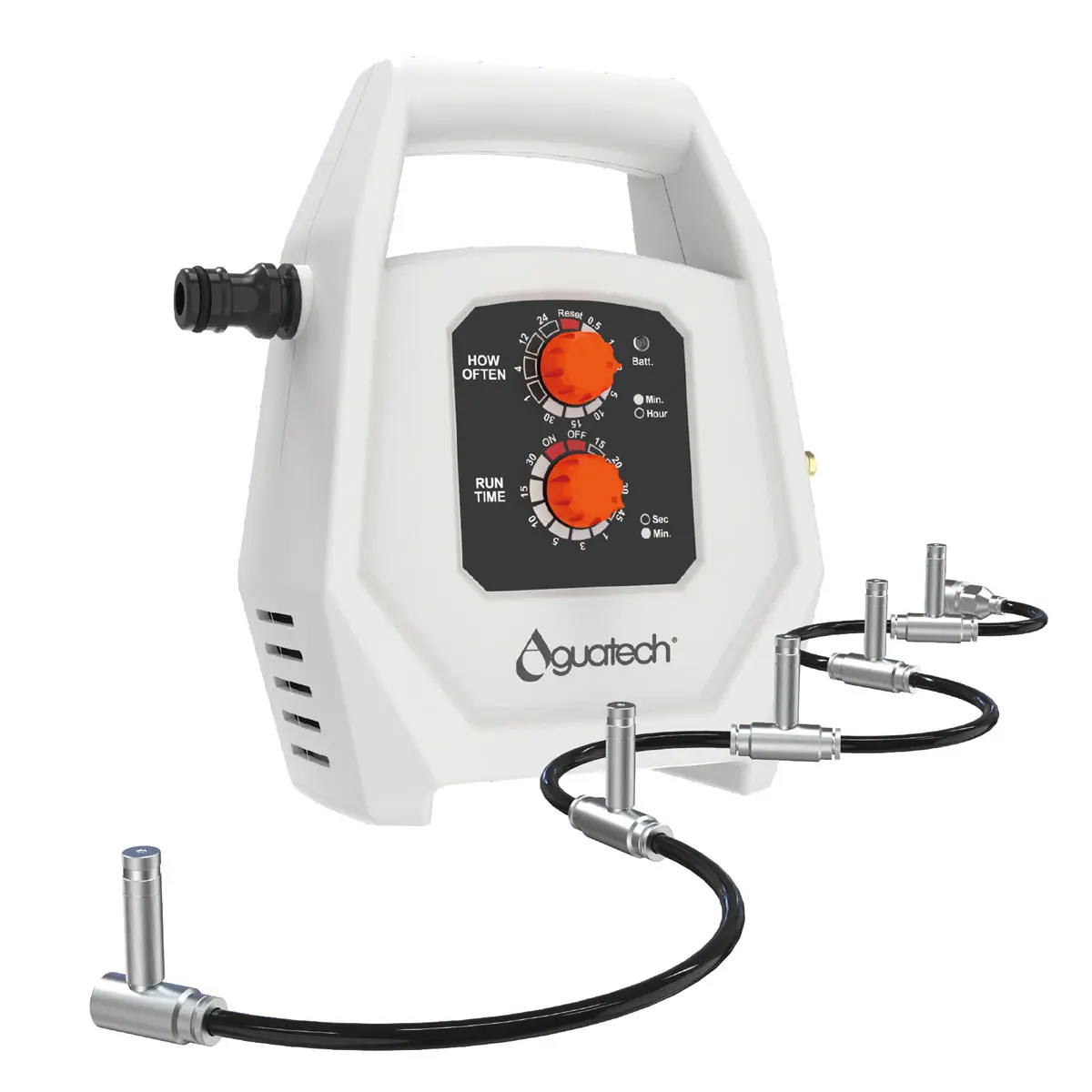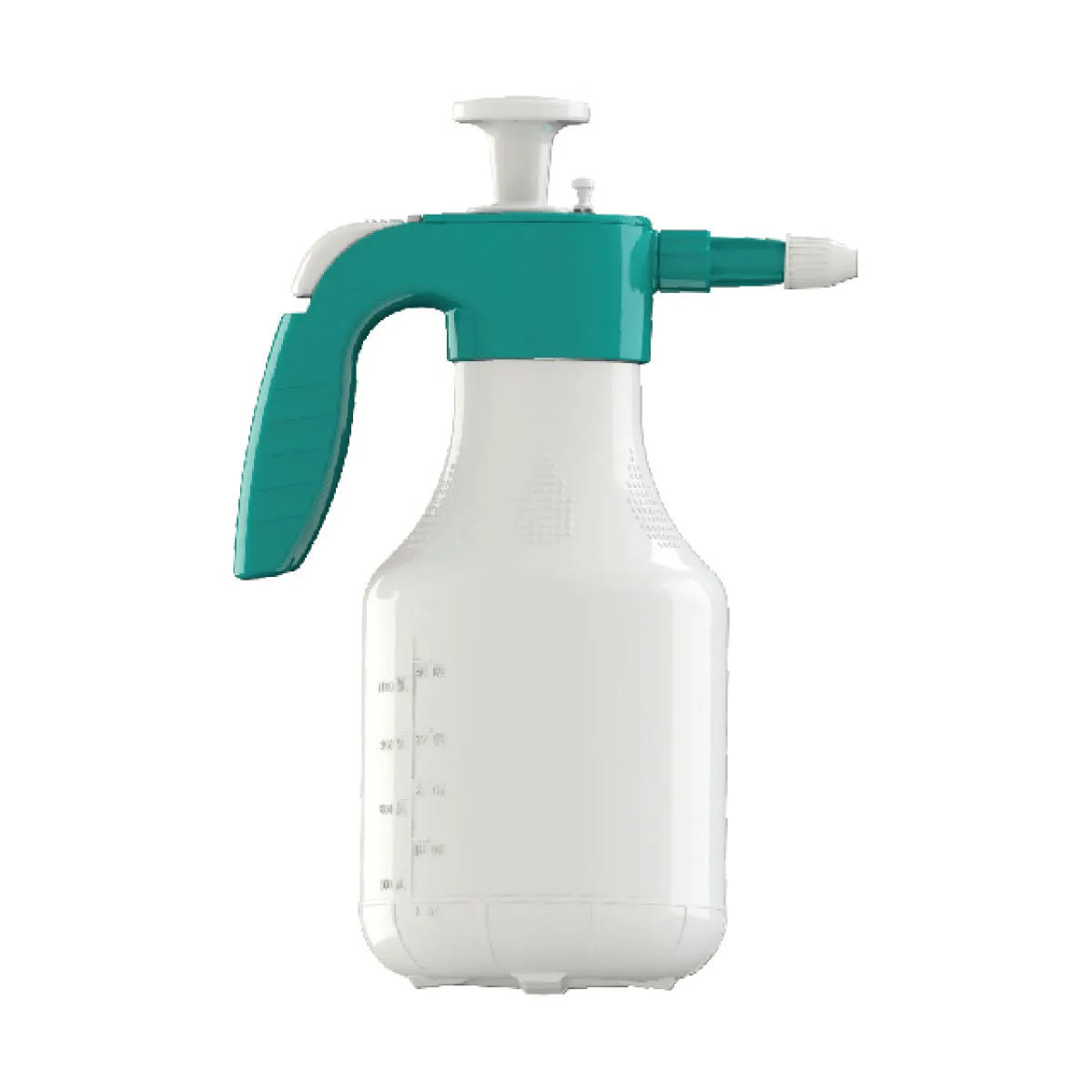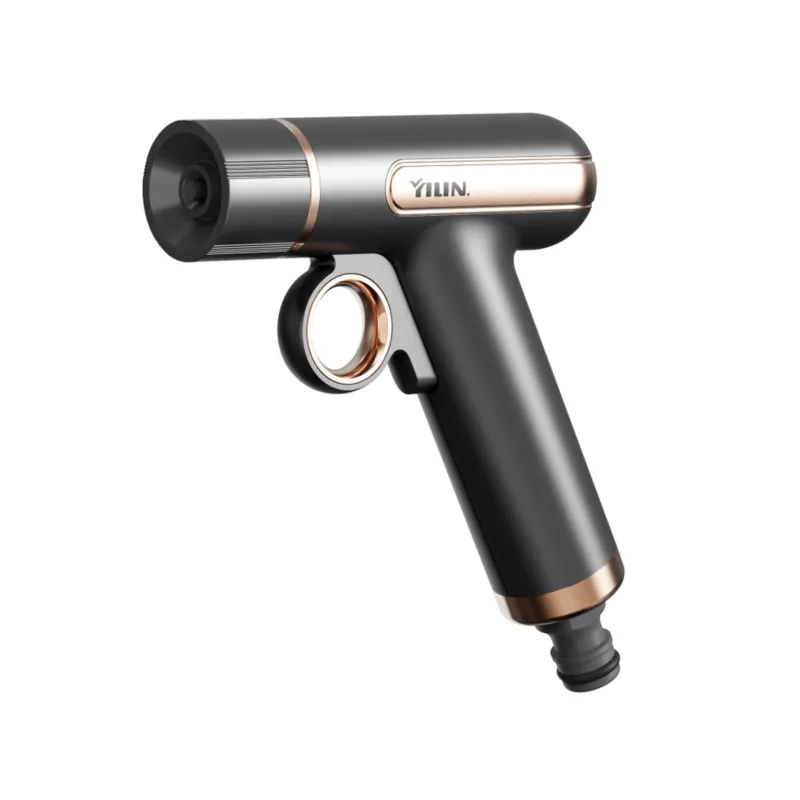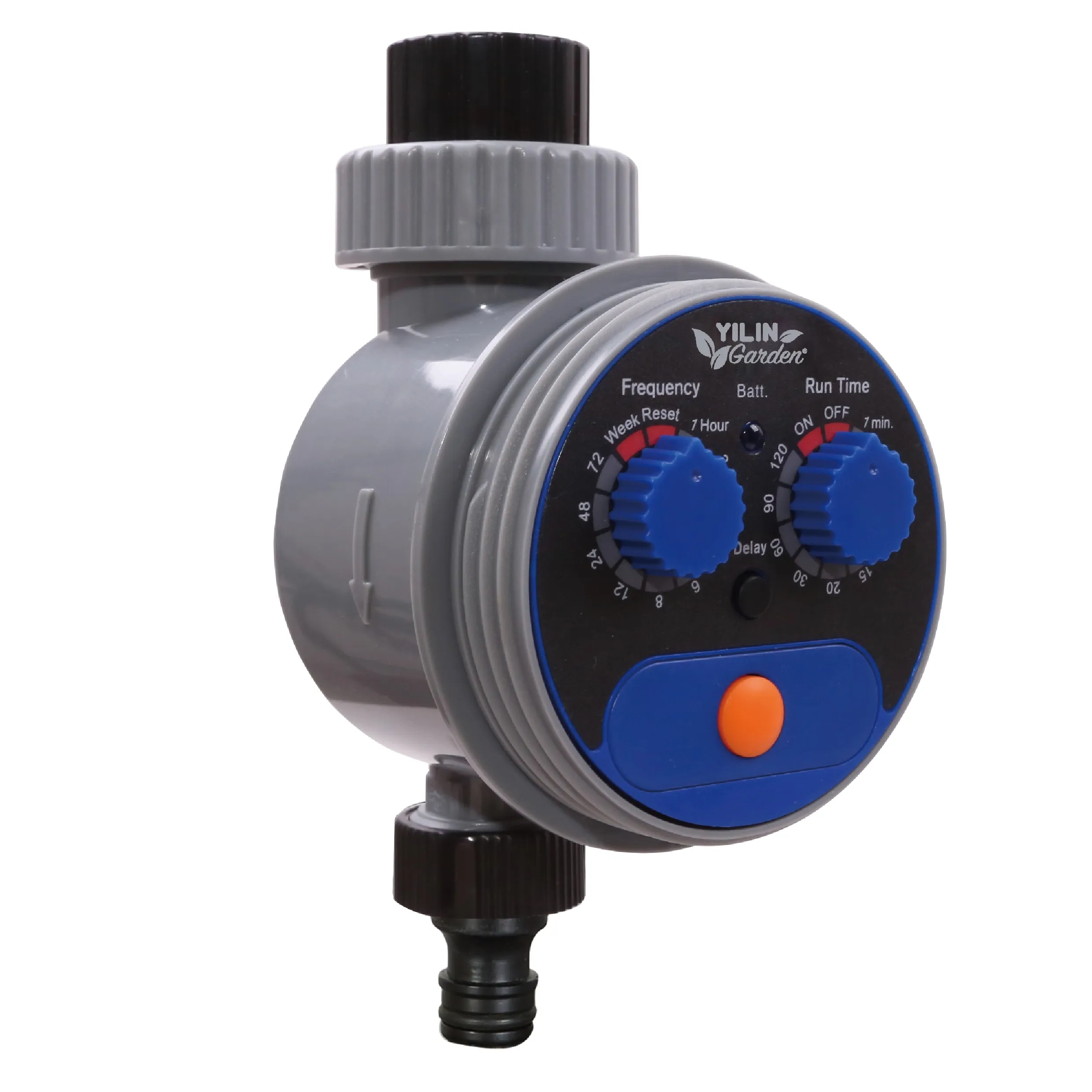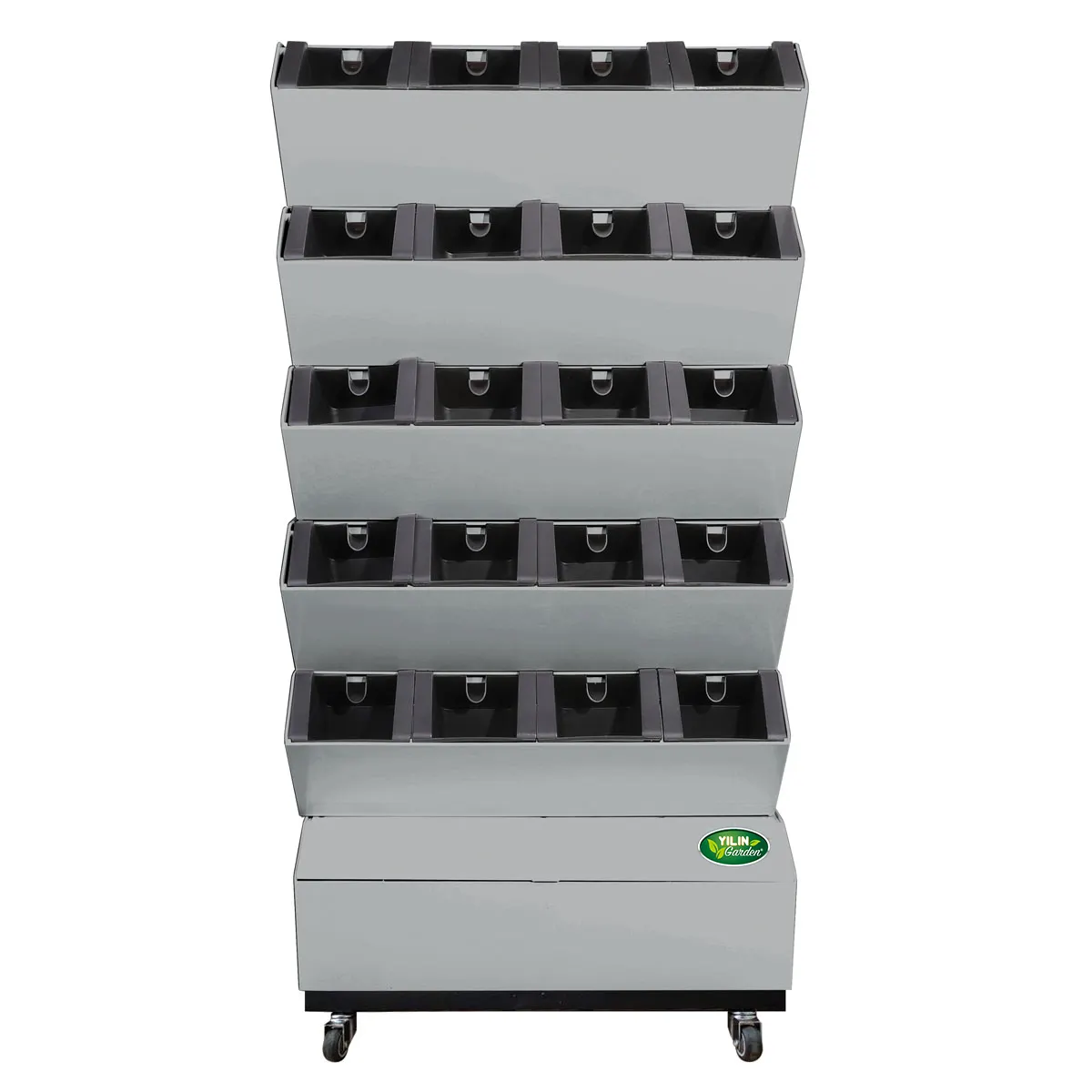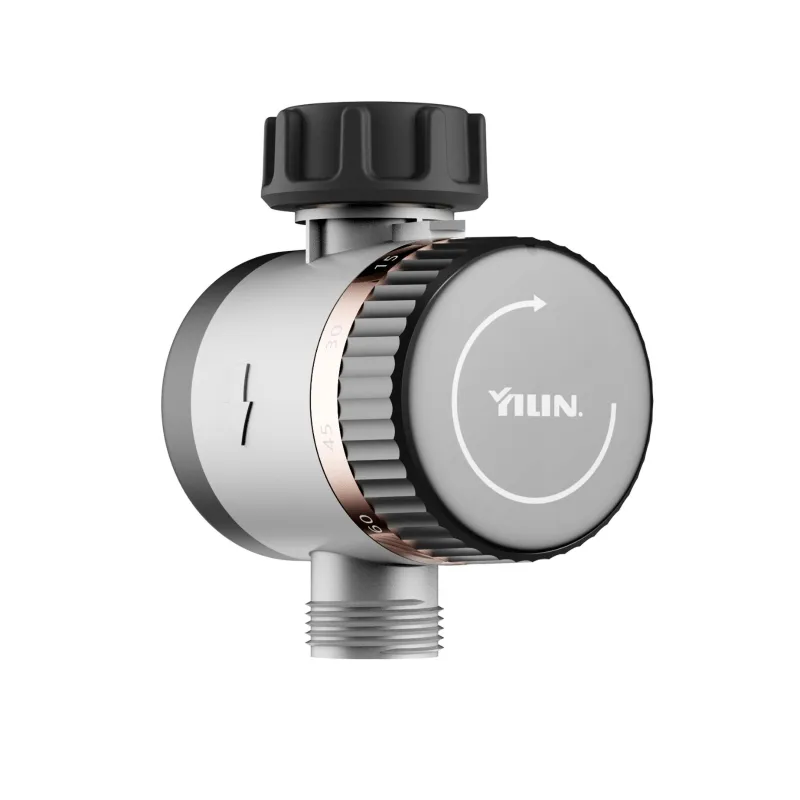plant irrigation
Plant irrigation systems represent a sophisticated approach to water management in agricultural and horticultural settings. These systems combine advanced technology with practical engineering to deliver precise amounts of water to plants when and where needed. Modern irrigation systems typically include sensors that monitor soil moisture levels, automated controllers that regulate water flow, and efficient distribution networks that minimize water waste. The systems can be customized to accommodate various plant types, soil conditions, and climate zones, ensuring optimal water usage across different environments. They often incorporate smart technology features such as weather monitoring capabilities, remote control options through mobile applications, and data analytics for performance optimization. The applications range from small-scale garden installations to large commercial agricultural operations, greenhouse facilities, and public landscaping projects. These systems can be integrated with existing infrastructure and can be scaled according to specific requirements, making them versatile solutions for both professional growers and hobbyist gardeners. The technology behind these systems continues to evolve, incorporating innovations such as drip irrigation, sprinkler systems, and subsurface irrigation methods, all designed to maximize water efficiency while promoting healthy plant growth.





